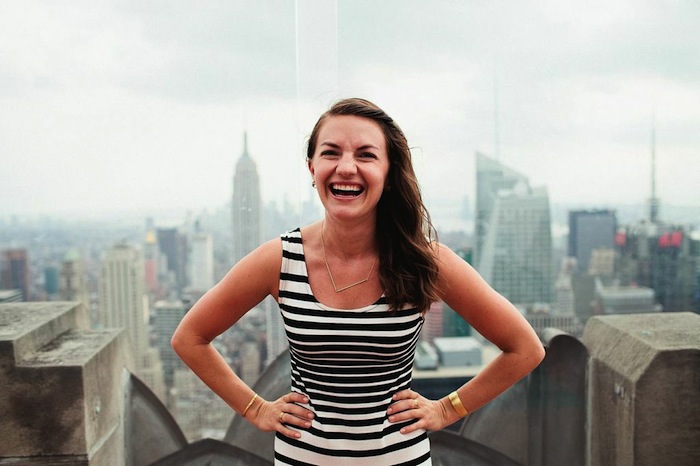Solo female travel: why it’s a label I support
When I was in college, my undergraduate theme was women’s studies: I took classes in women’s health, women’s literature, the media’s portrayal of women, and the intersection of work and family in women’s lives. It was honestly one of the most valuable educational experiences that I’ve had: I learned more about my body and how it works. I was able to delve into the history of women writers, examine how women’s looks are scrutinized on TV and in magazines, discuss the very real issues of balancing a desire for both a career and motherhood in today’s “equal” workplace.
One of the lessons that resonated the most was how singular our experiences are: I am a woman. I am also white, a third-generation American of European descent, born into the upper middle class and in possession of a college degree. There is literally no way I can fully understand the experience of a man, of a black person, of a person born into a different socioeconomic situation. I can sympathize, I can empathize–but my experience is purely mine, influenced by my experiences, interactions, prejudices.
Solo female travel is suddenly back in the news, after a 33-year-old woman was murdered while traveling alone in Turkey. News coverage prompted an outpouring of comments that seem out of time, out of place in the warm embrace of the “solo female travel” blogging community: that a woman has no business traveling alone, that it’s crazy to travel anywhere in the U.S. or outside of the world for fear of being shot, that a woman’s life loses its value as soon as it leaves this country.
I’m very supportive of solo female travel, both the act and the label. It’s come under discussion (attack?) in the travel blogging community for rallying behind our gender as the sole aspect of our identity worth promoting. But I still think there are many more women than men who are afraid to travel alone, who feel like they need a boyfriend, a friend, a group. Heck, there are still countries that I wouldn’t feel comfortable traveling alone or even with another female–namely, the Middle East and Northern Africa. I don’t think men worry as much about dressing appropriately, not drinking, staying in safe areas of town nearly as much as women do. I don’t think they come under the same level of scrutiny for choosing to go by themselves, instead of waiting for a partner. Being a “solo female traveler” is a label as much as a being a “budget traveler,” a “luxury traveler,” a “couples travel”: it’s a way to identify, to find similar minds, to bond and learn from and examine that shared experience.
When people say that “anyone can travel,” I’m always a little hesitant. I can travel: I’m from a country that allows recreational travel to most countries, a Western power that can grant work visas and study visas and travel visas. Even on minimum wage, I can earn more money in a day than many educated people in third-world countries can in a week. I am eligible for credit cards, for airline miles, for a passport. $50 a day is a reasonable sum for me to save and to spend on travel: it’s an impossible number to a majority of the world’s population.
I suppose this is really just a post to say that I’m grateful. I recognize the luck I’ve had, the opportunities that have been granted to me by no real work on my part. I’ve had the chance to travel, to work and live abroad. Merit scholarships and the financial support of my parents enabled me to graduate college with no debt. If it all comes down to the flip of a coin in the lottery of the world, I’ve been lucky.
But more than that, I’ve been given this incredible confidence: this belief that the world is good and worth exploring. The knowledge that it’s just as much of a risk outside my door as it is outside my country’s borders. That even though I’m a woman, with the experience and emotions and exhilaration of being a woman, I can do this crazy thing called “solo female travel” without feeling as though it’s something to be discounted. Even though I don’t travel as much as I used to and even though I travel with other people more and more: I’m proud of that label, that belief and that courage, and all that it stands for.

























